Until He Blesses You
Wrestling with Jacob
The same night he got up and took his two wives, his two maids, and his eleven children and crossed the ford of the Jabbok. He took them and sent them across the stream, and likewise everything that he had. Jacob was left alone, and a man wrestled with him until daybreak. When the man saw that he did not prevail against Jacob, he struck him on the hip socket, and Jacob’s hip was put out of joint as he wrestled with him. Then he said, “Let me go, for the day is breaking.” But Jacob said, “I will not let you go, unless you bless me.” So he said to him, “What is your name?” And he said, “Jacob.” Then the man said, “You shall no longer be called Jacob, but Israel, for you have striven with God and with humans and have prevailed.” Then Jacob asked him, “Please tell me your name.” But he said, “Why is it that you ask my name?” And there he blessed him. So Jacob called the place Peniel, saying, “For I have seen God face to face, yet my life is preserved.” The sun rose upon him as he passed Penuel, limping because of his hip.
Genesis 32:22-31
Jacob had never been much of a “God” guy. Born fighting with his brother, preferring the simple life of dwelling in a tent rather than out in the field, not much of a man’s man, but a mama’s boy, Jacob did not really think much of God from what we can tell.1 The first time he uses God’s name, it’s to lie to his father as part of a scheme, manipulating Isaac into a blessing he didn’t deserve.2 One night, God speaks to him in a vision we know as Jacob’s Ladder, hearing the voice of God tell of all his blessings.3
To this, Jacob puts God in a bit of a box. He names the place where he had his vision “Bethel,” “God’s house,” and then moves on with his life. God was real, sure, but he was over there, in a place. He gets caught in another scheme with his uncle Laban, but this time he is tricked, which sets off more drama, and now Jacob’s a bit bruised by life.4 God speaks to him again, telling him to go home,5 where he knows that he will have to see his brother again, who hates his guts.6
We now arrive at the story above, where Jacob prayed and readied to go to bed that night, afraid, when another emissary of God appeared. They wrestle all night, as Jacob says, “I will not let you go until you bless me,” kind of forgetting he already had been. And thus he became known as “the one who struggled with God and people and prevailed.”
Scripture contains the breath of God, Paul tells Timothy: “All scripture is inspired by God and is useful for teaching, for reproof, for correction, and for training in righteousness, so that the person of God may be proficient, equipped for every good work.”7 And yet we do not struggle with it (or people) any less than Jacob struggled with God (and people).
While we Christians think of our New Testament as the fullest revelation of who Christ is, Paul was talking about his scripture, our Old Testament, in this.8 That can be a mighty struggle for some of us. Our relationship with Scripture isn’t about a Bible plan, really, although they can help us with structure. It’s about trying to stay in a relationship with it even when it’s challenging, believing that God works through all relationships, especially our relationship with Scripture.
But let’s not kid ourselves that it’s only a relationship with Scripture that’s a struggle. Our relationship with God can be a struggle, whether we want to have it or not. Jacob didn’t seek out a fight with God; he was fine to leave God in a box in his mind, a place he might sometimes visit. Rather, God sought out a struggle with him. God loves it when we continue to wrestle with him, like an example story Jesus gives of the widow in Luke, encouraging us that if even corrupt humans will eventually give into persistence, know that God loves when we nag him.9
I’ll speak for myself and my faith journey for a minute. I stopped believing in the Christian God sometime in my early twenties. I sought God elsewhere—and it’s not that he couldn’t be found in other places, he absolutely can, but I really wasn’t seeking him as much as I was seeking myself. Our scoundrel Jacob was a bit the same. But for me, I couldn’t stand the idea that the God I needed to wrestle with was in the Bible. That old thing? I already knew that, I grew up with that. I wonder if Jacob thought, “That’s the stuff of my youth.” Quaint, sure, but, what does that have to do with me and the life I’m building?
And so some of the darkest times of my life where when I stopped wrestling. When a plant is uprooted, and it has no connection—no literal relationship to the earth—it dies. No fibers, no roots, no connection to the soil, to other plants, it just begins to die.
Our God is a relational God, three-in-one, intrinsically and always in relationship with us and the universe as part of his very being. God can’t not be in relationship. But he will let us opt out.10 But this is a true tragedy. To riff on the psalm, better is one day struggling with God in his courts than a thousand “easy” days without him,11 for the blessings that flow from that are beyond what we could possibly see.
It took me a long time wrestling with Christianity before I could be a Christian again. It took me several years where I didn’t understand why I couldn’t let it go. I couldn’t understand why God couldn’t let me go. Maybe you can’t either. Maybe, like me, some days you still feel distant. Some days, you might be too busy thinking about God instead of just having a relationship with him. No talking with him, no wrestling, just putting him in a theological box, thinking about his shape, where he was, but not where he is and who he is for you and with you.
The beginning of the end of my first life of faith in my youth was when I said, “Well the things I’m supposed to think about God just don’t make sense.” That’s common for many of us, especially when many of the things we learn about God are wrong.
On top of this, I didn’t want to pray, because I was going to be in charge. If hell is a place where there is no God, this is a kind of hell, too: in our own minds, only looking out for ourselves, with God not in the conversation. It wasn’t until I really started facing down life that I felt like I was facing down God, and that God was facing down me. It was if God was saying, “You know what I’ve shown you. Are you gonna face it? Are you gonna wrestle with me?”
Even when I became a Christian again, it was still a lot of thinking about God for years. “Let me do theology like it’s a puzzle,” treating the creeds like they’re math formulas. But wrestling is not math, and praying is not math. I didn’t really become a Christian again until I started praying with God and regularly seeking him out in Scripture out of the faith that he really was there.
Our God is, I’m afraid, real. He loves us and he challenges us. He is real and active in this world and wants us to be active in this world. He wants us to be honest with him and honest with the world, to struggle with both him and people. One of the ways we let God down is when we’re not honest with God or each other when the other needs it. I couldn’t be that at alluntil a bunch of church ladies taught me how to be persistent in prayer, just as Timothy’s mother and grandmother taught him,12 just as Jesus taught his disciples. “Okay God, well, I’m not gonna go anywhere, so you can either decide to help me or not.”
And maybe you’re at a different part of your journey with God, like where Jacob would go, where you’ve already got your hard blessings, you’ve had strong faith, but life still didn’t turn out how you thought it would. If you’ve ever had to stand up to evil or make a sacrifice because of your faith, you might feel like you’ve got more than a couple of broken spiritual hips. You might feel like you’ve already wrestled and pleaded enough, dang it, and evil and sin are still seeming to win in your life and in the world. Sometimes, prayer life is asking God why do bad things happen to good people, and why do good things happen to bad people, and why are we both of them at once?
I do believe Scripture helps us put together some of those pieces of this great puzzle God put us in. They might not be picture-perfect photographs, but faithful paintings. If you can’t see Scripture as a blessing, keep wrestling and don’t let it go. And keep wrestling with each other and don’t let go. Maybe you don’t know where to begin, or maybe you have to let other people wrestle for you. That is what we in the church are for, helping us realize a lot of people have been wrestling with the same questions for a very long time, often at levels beyond what you even knew were possible.
While I want to talk some more about some of the principles of how we can read the Bible at another time, here are a couple. The very first Christians knew that Jesus Christ was in their Hebrew scriptures, our Old Testament, even in places where he seemed absent. Places where people seemed awful, and maybe even God seemed awful, now the revelation of the fullness of God through Jesus Christ was like plugging in a Christmas tree, and the whole thing lights up. Paradoxes are part of it. Boring sections are part of it. Impenetrable sections are part of it. But also, so is rediscovery; no matter how many times you read Scripture, if you read with a heart that seeks to wrestle with God, almost every single time you will find something new, and it will speak to you something new for you that day. When we read it with help from each other, including scholars, theologians, and all the saints who have read the same words together over thousands of years, it will keep surprising you.
Whether you are renewing your faith or are so tired and worn, my prayer is that you have the audacity to ask for a blessing. Maybe it won’t be given in its literal form, but I promise it will be given in your very wrestling with God. Be real with God: “Will you bless me? Because I’m here, God. I’m trying. I’m wrestling. Are you gonna bless me? I’m doing my part, I know your greatness. Are you gonna bless me? I’m at the end of my rope, I’m done with the thinking, the math, it’s just me and you. Break my hip if you gotta, I’ll walk with a limp, but will you bless me?”
And maybe you’ll remember like so many faithful have: oh, yeah, God has blessed me. Just like Jacob already had his blessing all along, even if it was a blessing he didn’t deserve.
Maybe how you know you’ve already been blessed is that you’ve been walking with a limp. You’ve got spiritual broken bones, but you’ve got so much more and everything because of God.
The real lesson for Jacob and for any of us wannabe Jacobs is not that he would not let God go, it’s that God would not let him go. And God will not let you go until you let him bless you. He loves you so much he was willing to walk as you, feel everything about what it means to be you, to spill his blood and die in agony for you, to return as the wild, untameable Holy Spirit, for God cannot be put in a box, because neither can you, and he will do anything he can until you really believe that you are loved, and you are blessed, and you will be.
So maybe our question to God is what Jacob’s should have been: “Lord, will you bless me…again?” And this time, with our whole hearts, can we say “thank you”?
Amen.
Genesis 25:19-28
Genesis 27:20
Genesis 28:10-22
Genesis 29-31
Genesis 31:3
Genesis 32:3-21
2 Timothy 3:16
Luke 18:1-8
2 Timothy 2:12
Psalm 84:10
2 Timothy 1:5


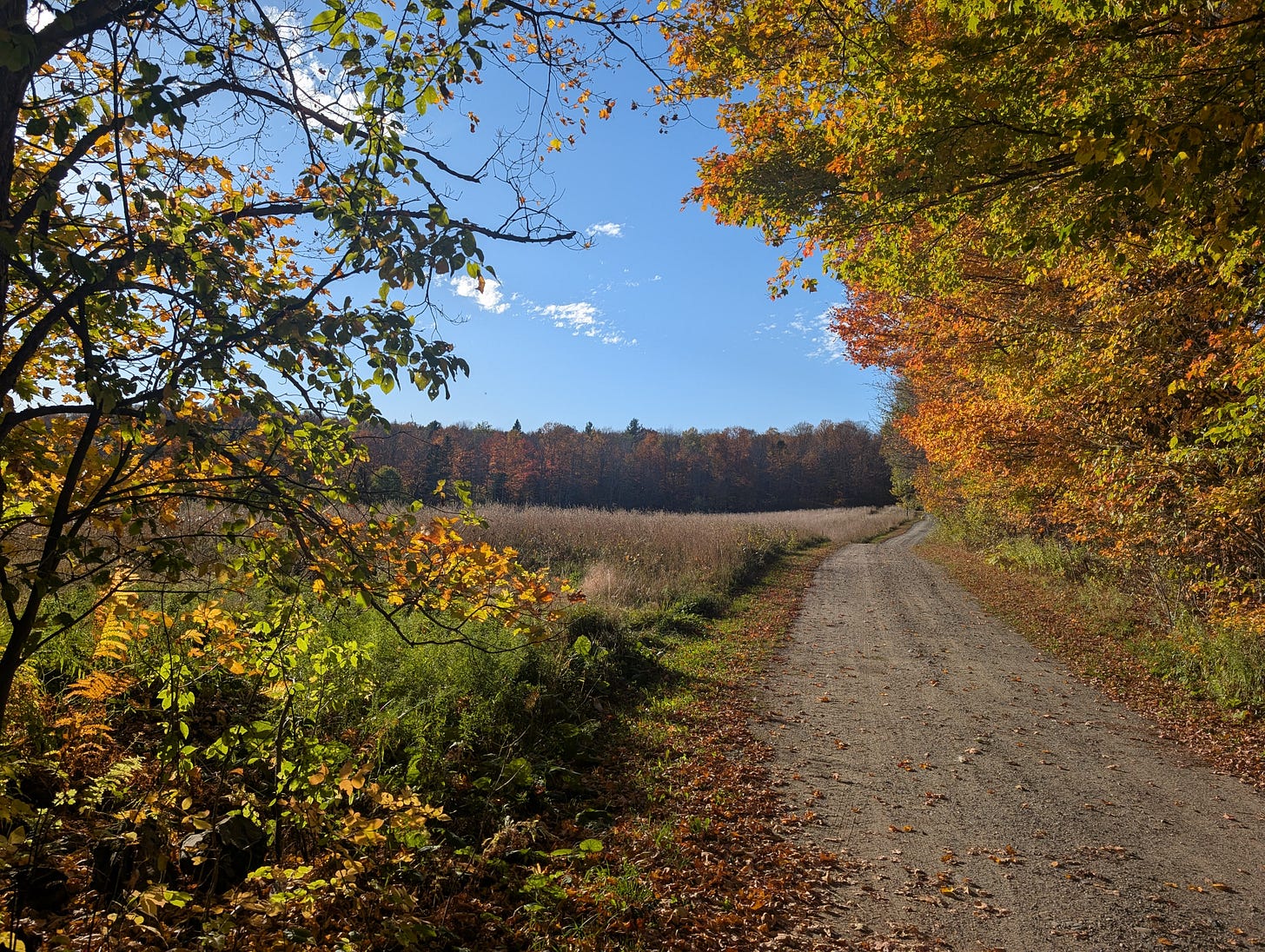
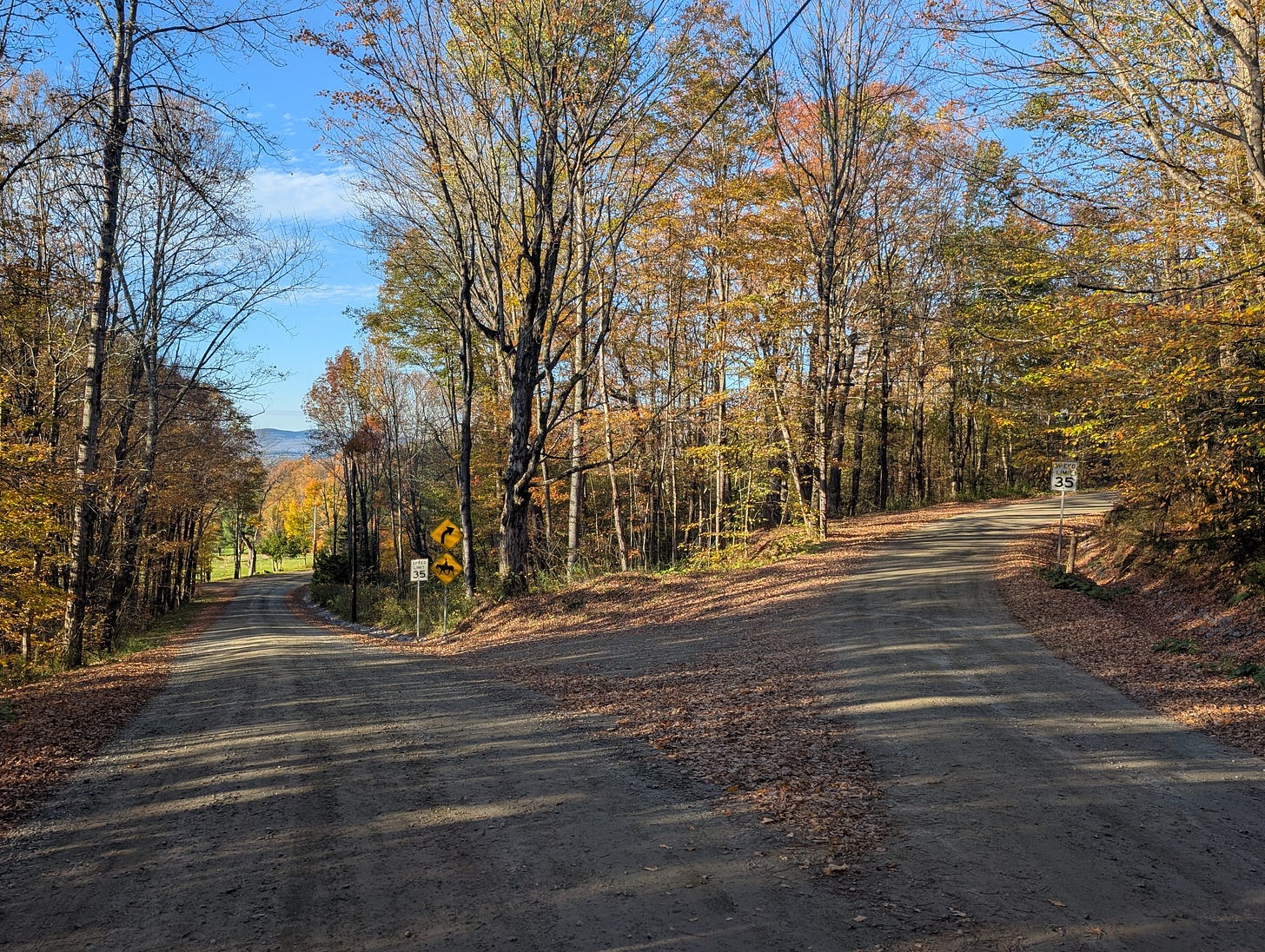
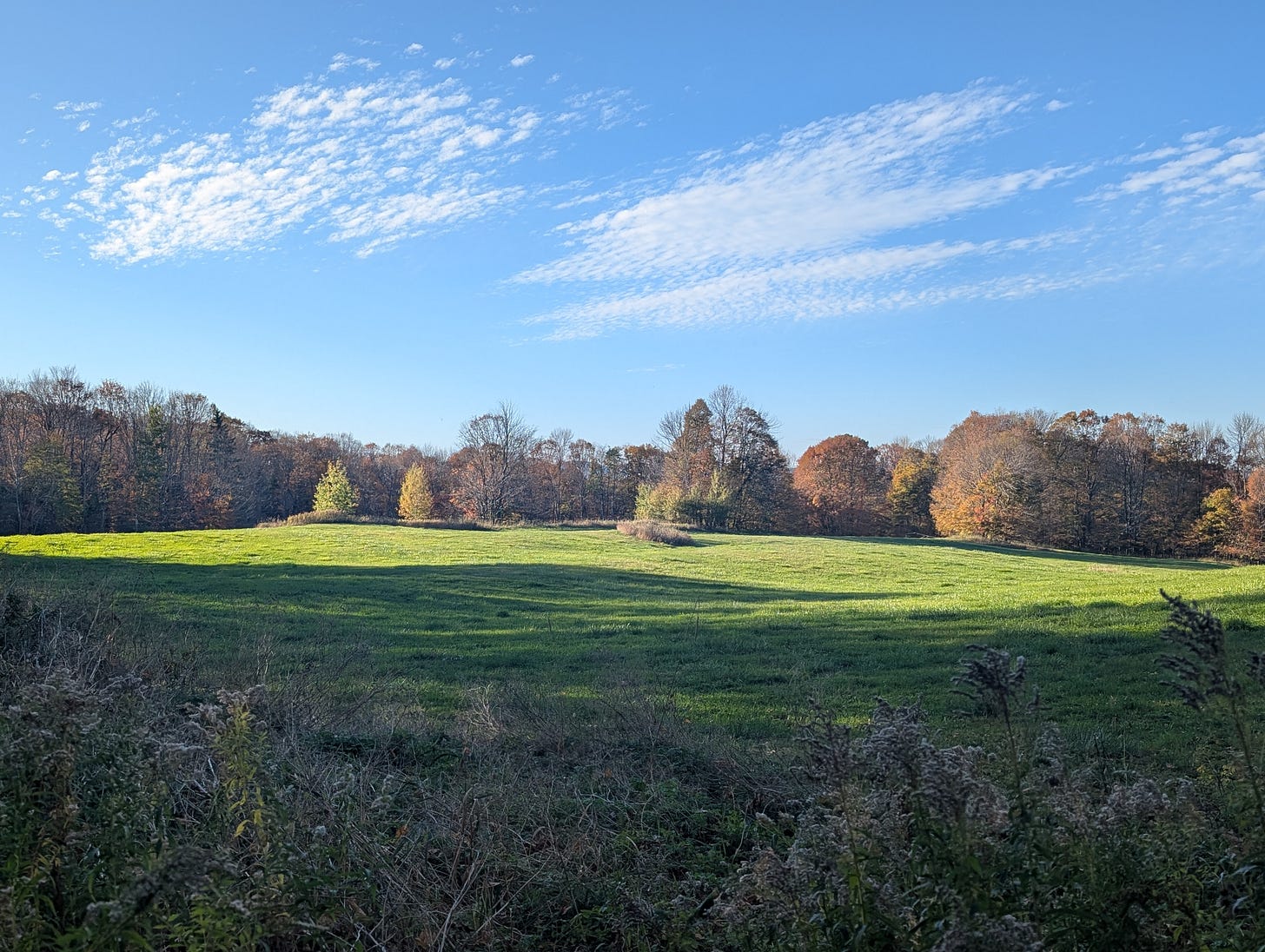
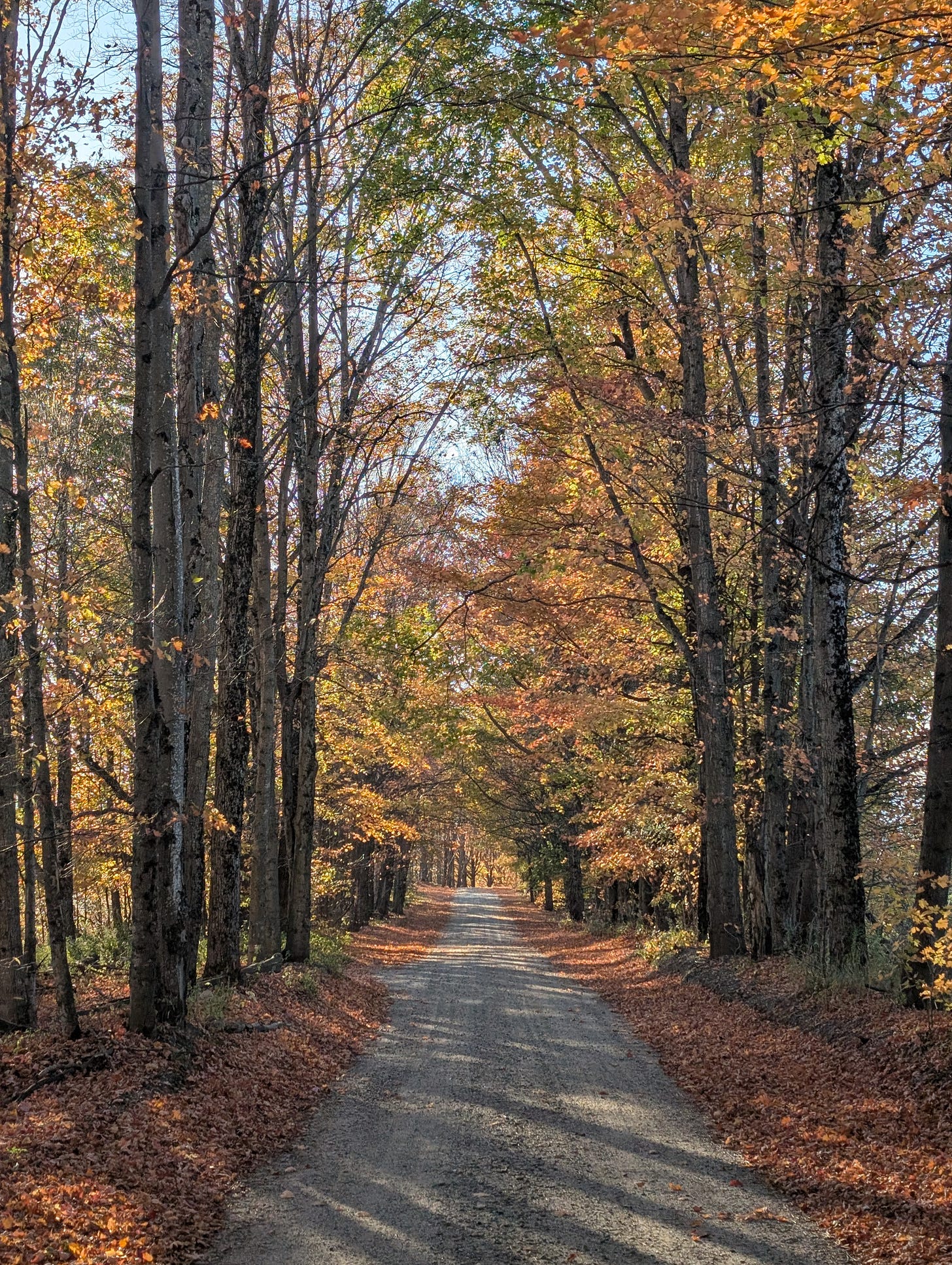
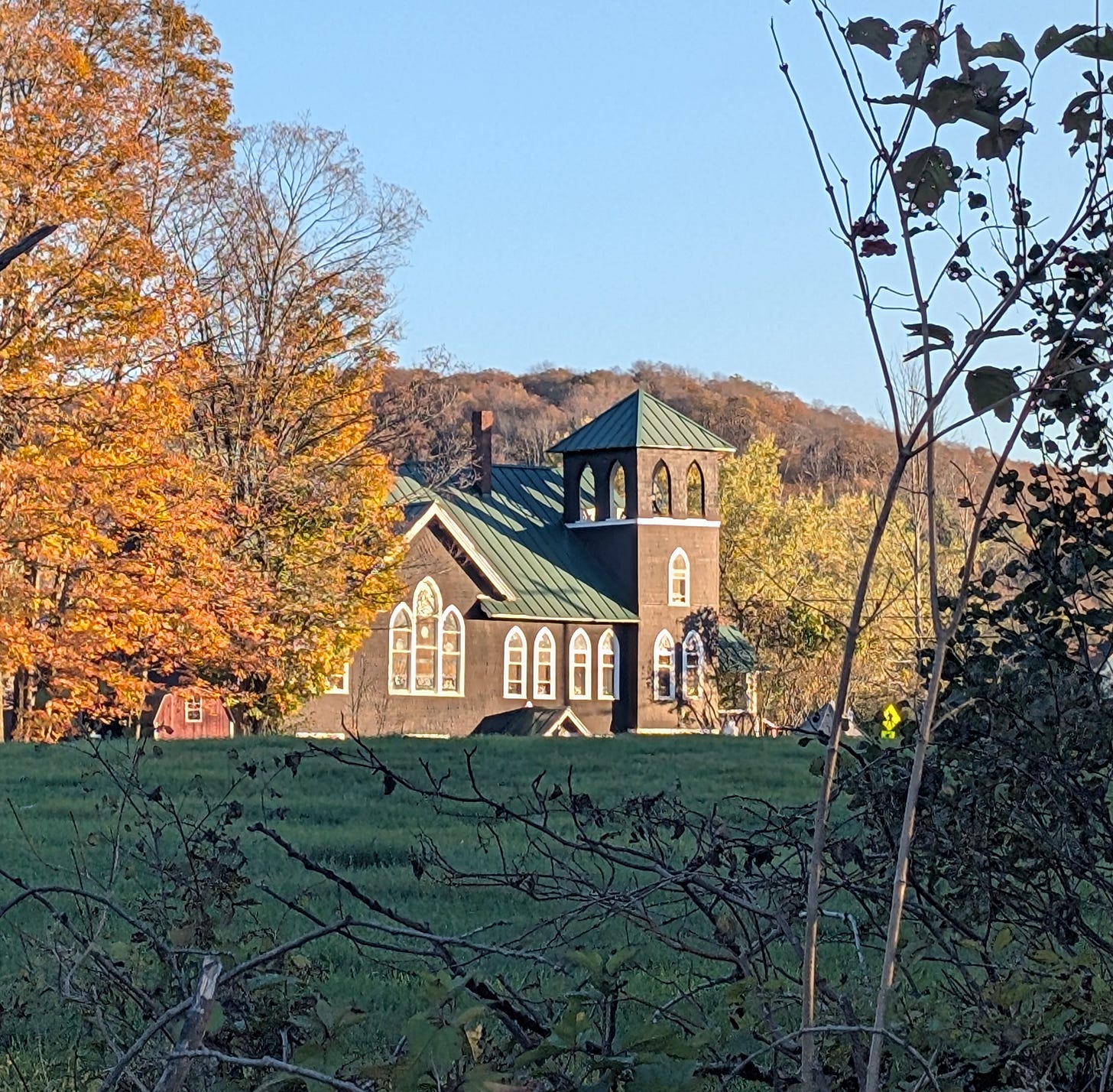
This was so good and wise. Plus I had to smile at "Our God is, I’m afraid, real."